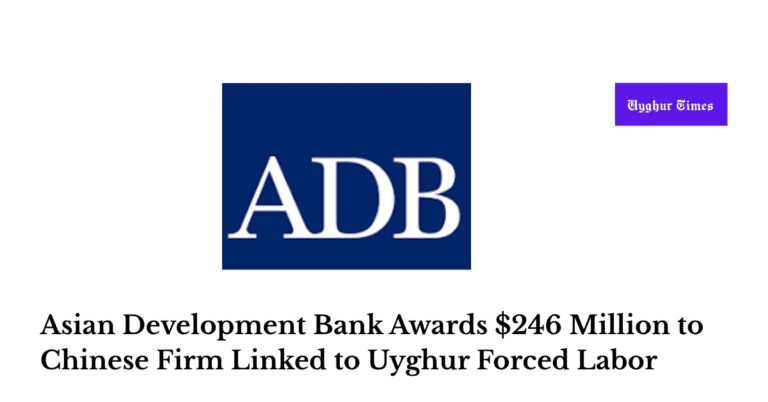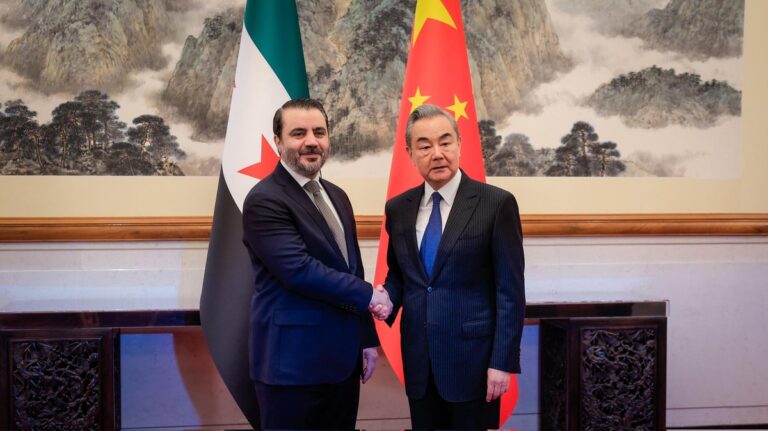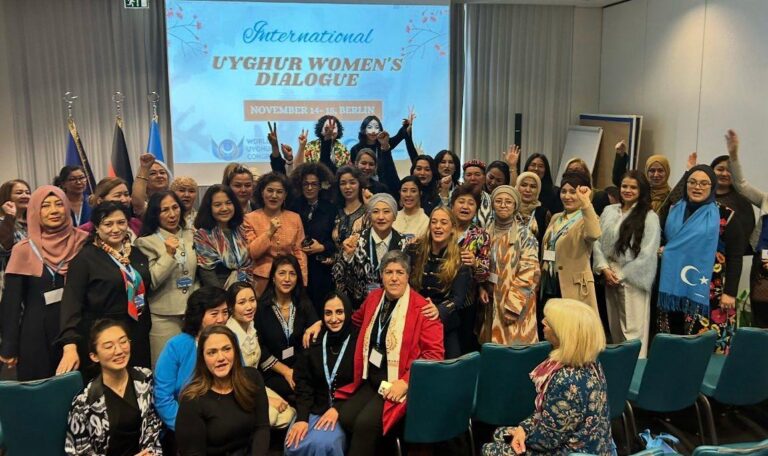By Uyghurian
The study on Uyghur forced labor conducted by Adrian Zenz shows that coercive labor transfers for seasonal agricultural work such as cotton picking have continued through at least 2022 and remain part of so-called Xinjiang’s official Five-Year Plan for 2021-25.
The research said that “state-sponsored forced labor is characterized by pervasive state-induced and systemic dynamics of coercion that are deeply embedded within sociocultural contexts.”
Adrian Zens in his Op-ed on foreign policy wrote that“Labor transfers subject Uyghurs to state-assigned work placements. They often separate them from their families and communities, subjecting them to intensive surveillance, long work hours, and mandatory political indoctrination and Chinese language classes in the evenings.”
lists of individuals labeled as “lazy” due to a perceived lack of inner motivation have been compiled in certain regions. Shockingly, some of these individuals are as old as 77 years. An internal directive mandates subjecting these “lazy persons,” along with drunkards and others lacking inner motivation, to repeated thought education until visible changes occur. Disturbingly, students and individuals over 60 years old have been forced to engage in crop picking activities, including cotton, vegetables, tomatoes, and peppers. Local authorities have even instructed centralized child care for toddlers, enabling their mothers to be subjected to seasonal agricultural labor.
The impact of forced labor on Uyghur people is significant and devastating.
Adrian Zens said: “ Coercive labor transfers target the nuclear family, attack the intergenerational transmission of culture and spirituality, and are part of Beijing’s “population optimization” approach that is at the heart of the strategy of slow genocide. Labor transfers play a key role in the destruction of organic Uyghur communities and the wholesale assimilation of the region’s ethnic groups.”
As recommendations to governments, organizations, and policymakers to address the issue of forced labor, Adiran said: “Forced labor continues, its scope is increasing, and it is becoming harder to trace. As a result, measures to counter Uyghur forced labor must be extremely robust and target the entire region, not just individual supply chains.”
Congress passed the Uyghur Forced Labor Prevention Act in late 2021, banning all imports from so-called Xinjiang on the presumption of forced labor unless businesses can prove otherwise after mass forced labor in Xinjiang’s cotton industry was initially exposed over two years ago.
Adrian Zenz told Uyghur Times that “ Forced labor is part of China’s genocidal policies against the Uyghurs and forced labor programs have intensified even after campaigning of mass internment in Xinjiang has somewhat abated”




